By: Nate Edenhofer (UC Santa Cruz) & Alejandro Artiga-Purcell (UC Santa Cruz)
April 2022
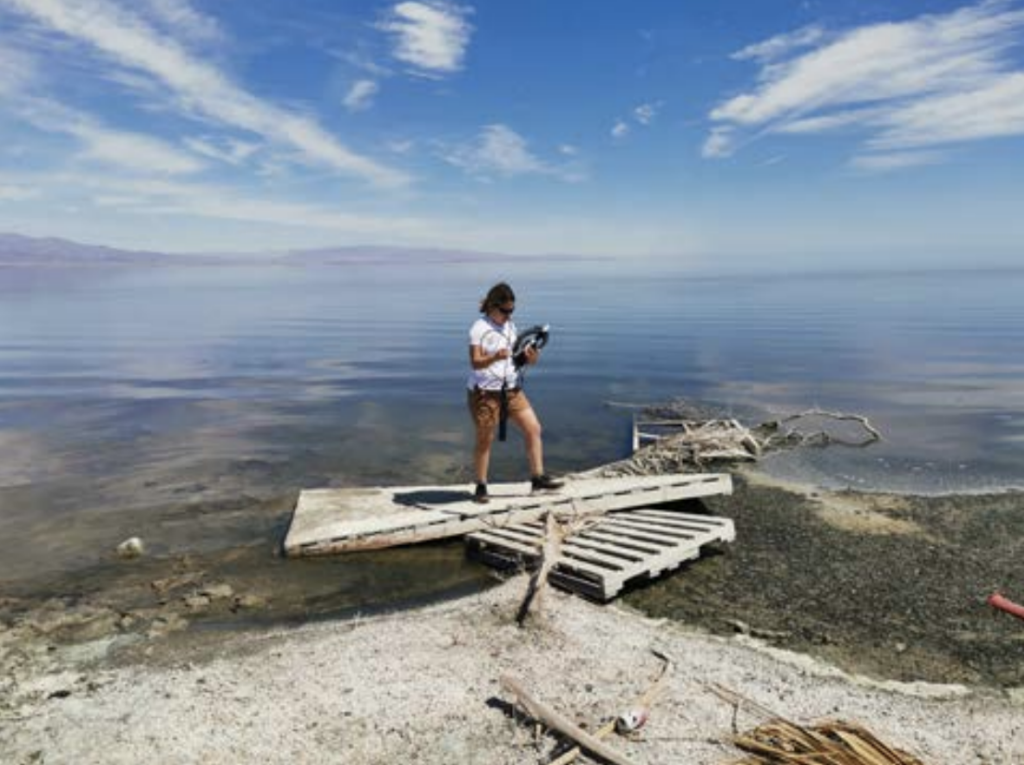
In the face of increasing development opportunities in the Salton Sea region, this report analyzes the opportunities and challenges for ensuring that any future local development projects foster an inclusive, sustainable, and equitable economy. Drawing on an array of inclusive economy and sustainable development literatures and case studies, and in particular a solidarity economics framework, this report provides useful tools for defining, tracking, and building inclusive economies in the Salton Sea context. Reviewing the challenges and opportunities for development in the Salton Sea Region, this report asks two questions. First, “what makes economies inclusive”? Second, “what multi stakeholder strategies might lead to more inclusive economies?” The first section of this report reviews the Solidarity Economics Framework and how it applies to the context of the Salton Sea region. The second and third sections analyze indicators for tracking, and strategies for building inclusive economies, respectively. This report builds on, and provide more in-depth analysis, to a policy brief released in October 2021 (Edenhofer et al., 2021)
Acknowledgments: This report was commissioned and funded by Alianza Coachella Valley. We give our special thanks to Silvia Paz, Sahara Daniela Huazano and the rest of the Alianza team for their support and guidance that spearheaded and informed every aspect of this report. We also thank Karthick Ramakrishnan, Karla López del Río, Beth Tamayose, and Gary Rettberg from the Center for Social Innovation at UC Riverside for providing invaluable feedback throughout the research and writing process. We give special thanks to the Chair of the Everett Program and Director of the Institute for Social Transformation at UC Santa Cruz, Chris Benner as well as to Fernando Leiva and his colleagues in the Extractivism & Society Research Cluster also based at UC Santa Cruz. As our mentors for this project, each of you has been indispensable. Although this report emerged from, and would not have been possible without, collaborative dialogue, any inaccuracies remain our responsibility alone.



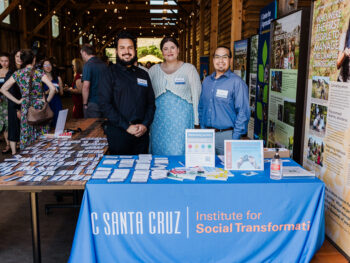
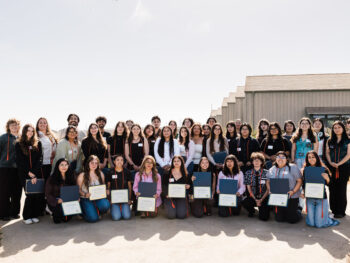
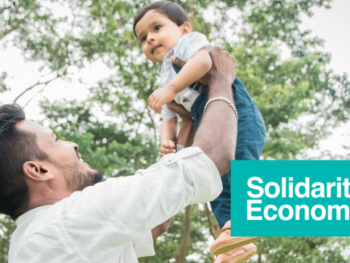
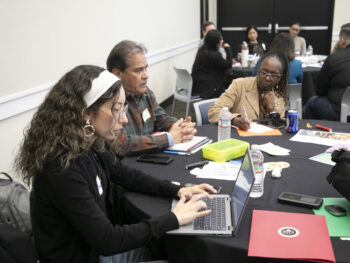
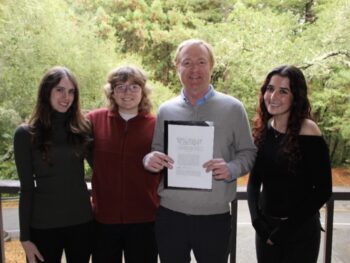
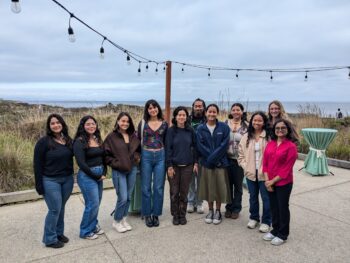
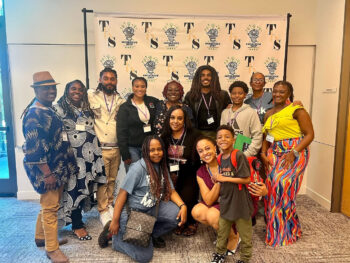
 Necessary Trouble: Thinking with the Legacy of John R. Lewis
Necessary Trouble: Thinking with the Legacy of John R. Lewis
